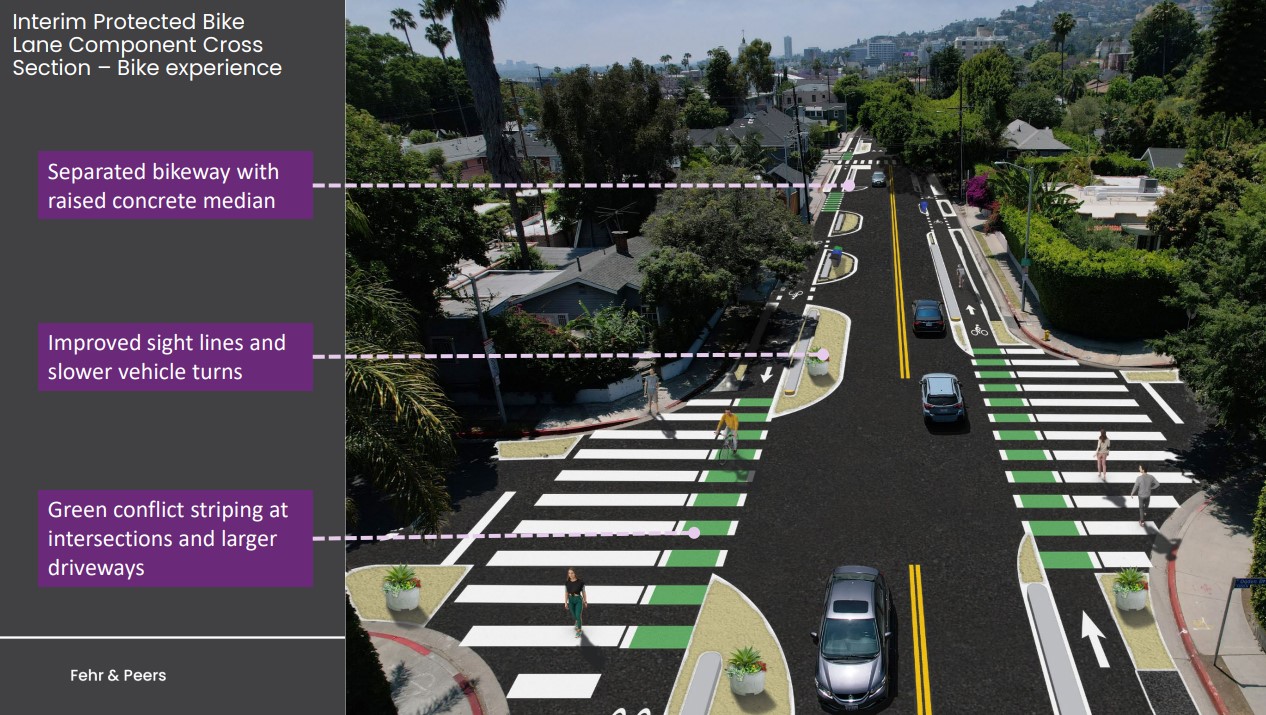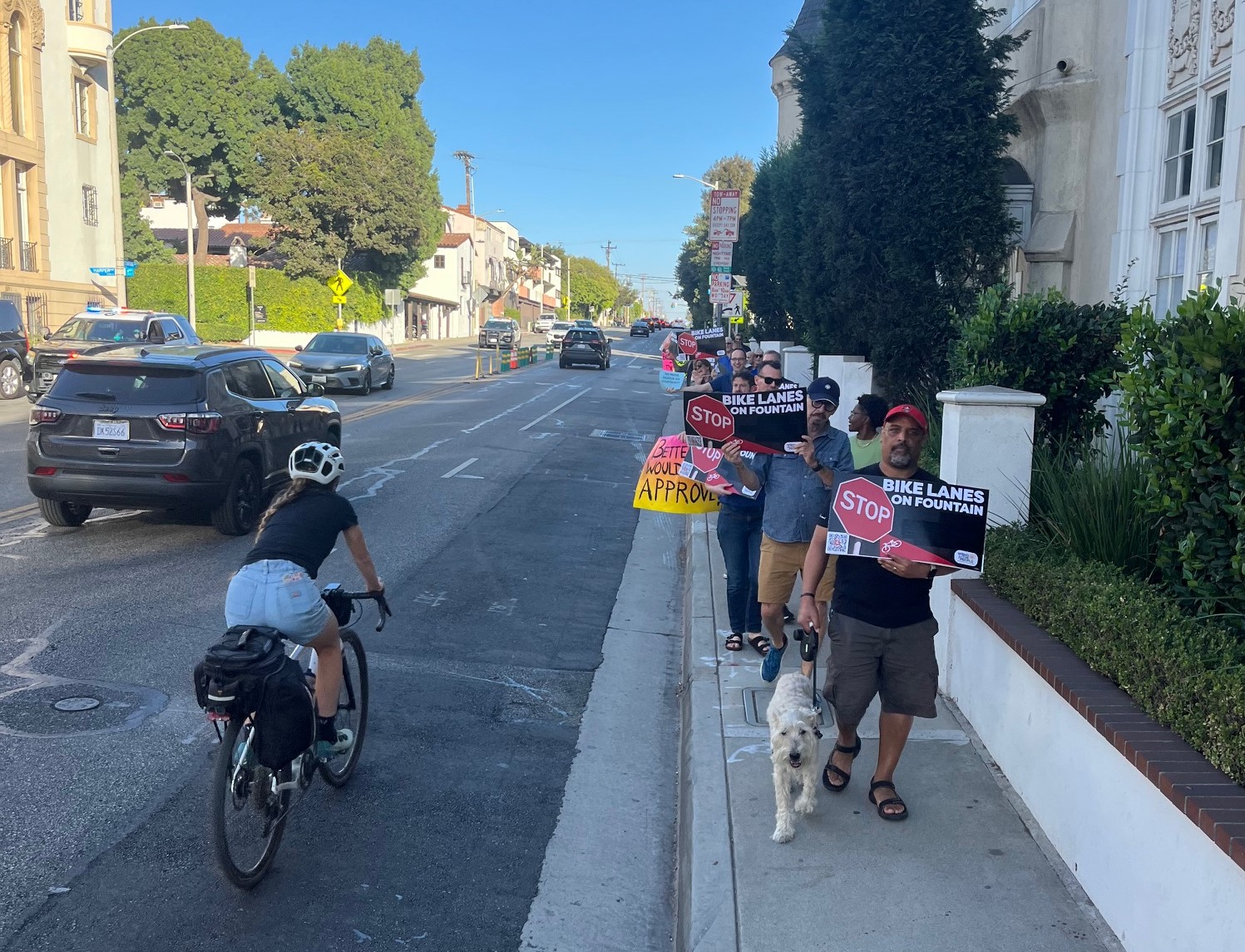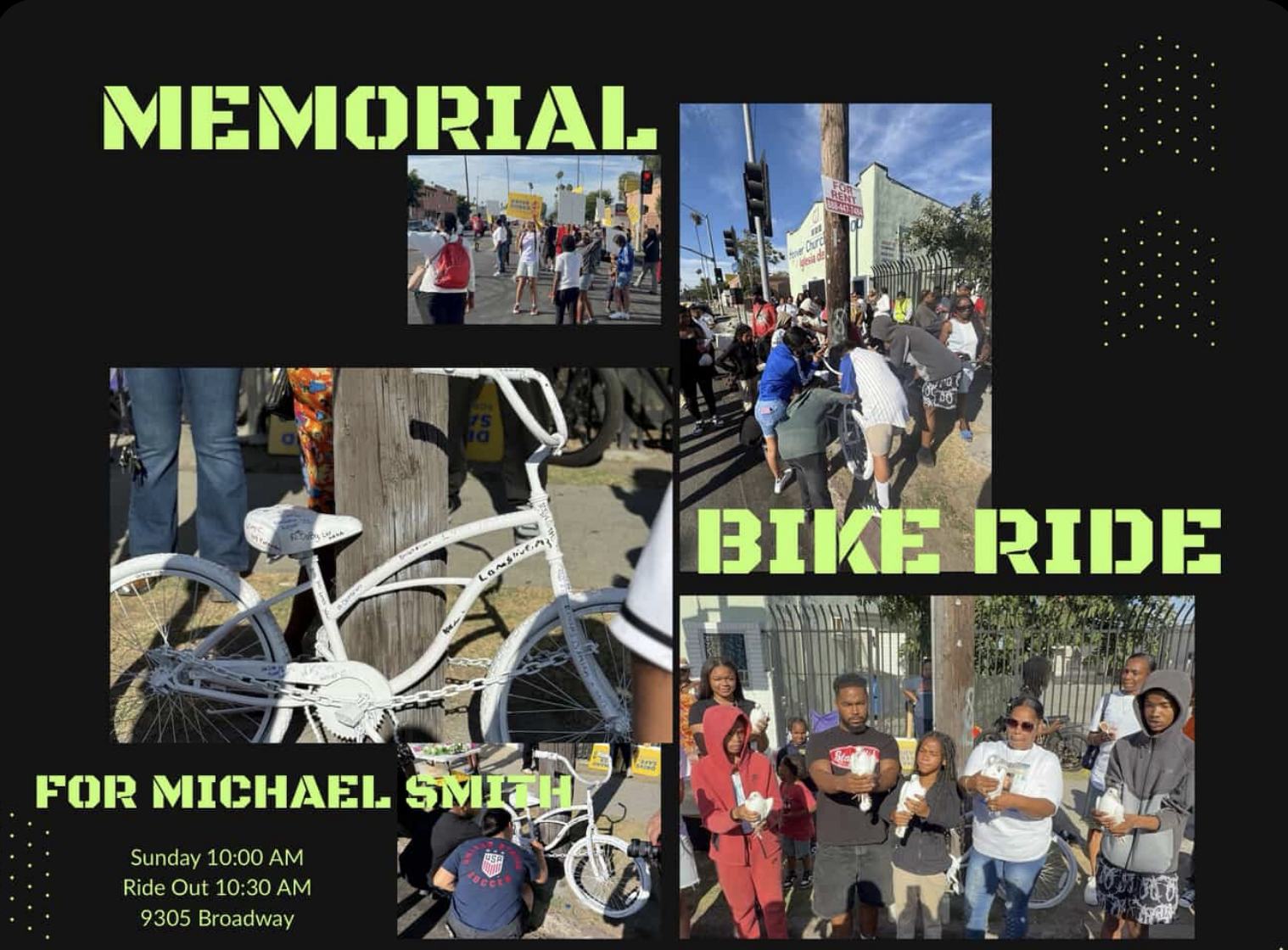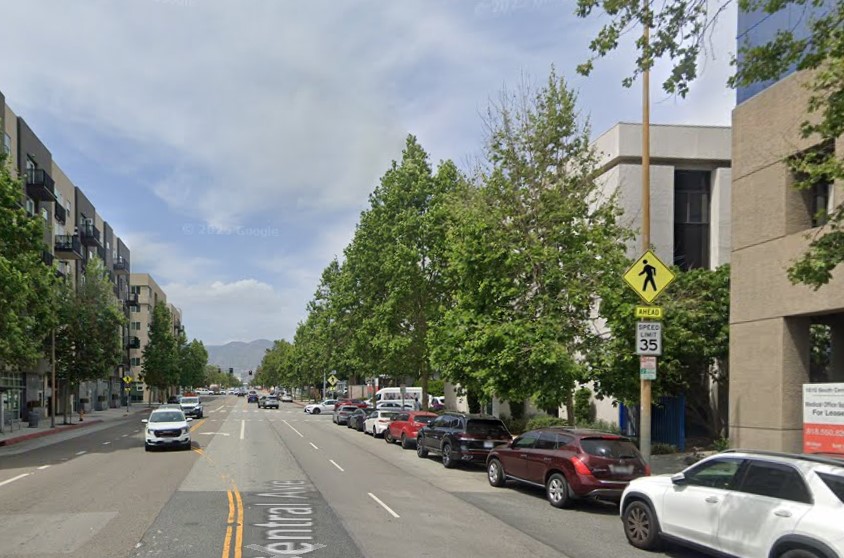What’s the penalty for killing a cyclist on a Texas roadway? Effectively nothing. You can thank Governor Rick Perry for that.

Gregory and Alexandra Bruehler were killed while riding a tandem cycle four months after Rick Perry vetoed a law that would have established some basic protections for them. No charges were filed. Photo: Biking in Dallas
In 2009, cycling advocates in the Lone Star State put together a package of legal protections for cyclists, pedestrians and other vulnerable road users. The legislation sailed through the House and Senate and seemed to be as good as law, according to Christopher Curnutt at Network blog Biking in Dallas.
All that was needed was Rick Perry’s signature. It was a done deal, everyone thought. After all, Perry not only prides himself as a dispenser of justice, he’s also known as a cyclist and runner.
But to the surprise and dismay of cyclists across the state and legislators from both sides of the aisle, Perry vetoed the bill, citing esoteric language concerns. Now justice for vulnerable users killed on Texas roadways remains elusive, says Curnutt:
Each year approximately 50 cyclists, 400 pedestrians and 500 motorcyclists are killed in Texas. As a cyclist I can tell you that there’s a perception in this state that the drivers who are responsible for the death of people riding bicycles are seldom, if at all, actually held responsible. In Texas if two automobiles collide, chances are someone is at fault, but if a car or truck hits a cyclist it’s just bad luck. In other words, “the sun got in my eyes” or “I didn’t see him” seems to be all it takes to avoid any responsibility for leaving a dead cyclist in your wake.
Four months after Perry vetoed SB488 a driver of a Ford F-150 veered off of Highway 16 in Bexar County and onto the shoulder where he struck Gregory and Alexandra Bruehler, who were riding a tandem, from behind, dragging their bicycle 200 feet after the initial impact. Alexandra died at the scene, Gregory was airlifted to a hospital where he died an hour later.
Most everyone in Texas has seen the photo of the Bruehler’s 7-year-old daughter at the funeral, flanked by hundreds of cyclists. I’m a father of an 8 year old little girl and that photo still haunts me. Investigators did not suspect alcohol played a part and believed it was an “accident”, so no charges were filed against the driver. Bexar Country Deputy Chief Dale Bennett said, “…there’s nothing we can do about drivers not paying attention.” He added that until the laws are changed there’s not much they can do.
SB488 would not have saved the Bruehlers, but someone would be held accountable for their deaths. Or at the very least they could be held accountable. Perry’s veto of SB488 simply greased the wheels of injustice.
Elsewhere on the Network today: Grid Chicago asks what would be the outcome if the U.S. swapped infrastructure funding priorities at the national level, dedicating $27 billion to transit and $9 billion to highways. Urban Milwaukee investigates how overly restrictive licensure requirements have made hailing a cab virtually impossible. And Radials Blog examines how cheaply built suburban tract housing has fared during the housing crisis.






